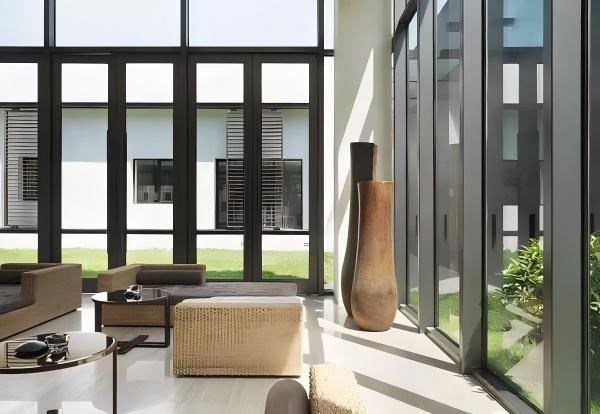Beautiful Plants For Your Interior
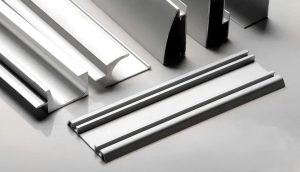
In residential aluminum alloy doors and windows, the frame and sash materials commonly used are 6063-T5 profiles. These profiles possess excellent processing performance, extrusion properties and electroplating capabilities, along with good corrosion resistance, flexibility and outstanding anti-oxidation effects. Their hardness and strength meet the building safety standards and can meet the daily usage requirements.
At present, with the popularity of “narrow-profile” doors and windows and the emergence of various harsh environments and extreme weather conditions, the requirements for the safety of doors and windows are gradually increasing, and there are new requirements for the selection of door and window profiles. “Using better aluminum profiles than 6063 profiles” has become an important condition for the selection of current door and window profiles. “High strength and high hardness” profiles are bound to become the preferred choice for minimalist narrow-profile system doors and windows.

Why choose the 6060-T66 profile?
In response to market demands and the needs of the property owners, Rongdinghui Doors and Windows has decided to upgrade the quality of the door and window profiles, optimize the production process, and select 6060-T66 aluminum profiles that are more suitable for extremely narrow doors and windows.
The alloy composition of 6060-T66 has been further optimized compared to 6063-T5, enhancing the quenching strength during extrusion production and extending the holding time during the aging process. In terms of hardness, tensile strength, yield strength, and elongation after fracture, the 6060-T66 profiles significantly outperform the ordinary 6063-T5 profiles, and their performance indicators exceed the national standards.
- 1、High strength
The strength indicators mainly include tensile strength and yield strength, which measure the material’s ability to withstand loads without breaking. They are important factors affecting the safety performance of doors and windows. The strength of the profiles directly influences various performance aspects such as wind pressure resistance and load-bearing capacity of the doors and windows, and is the primary guarantee for maintaining high safety coefficients of the doors and windows.
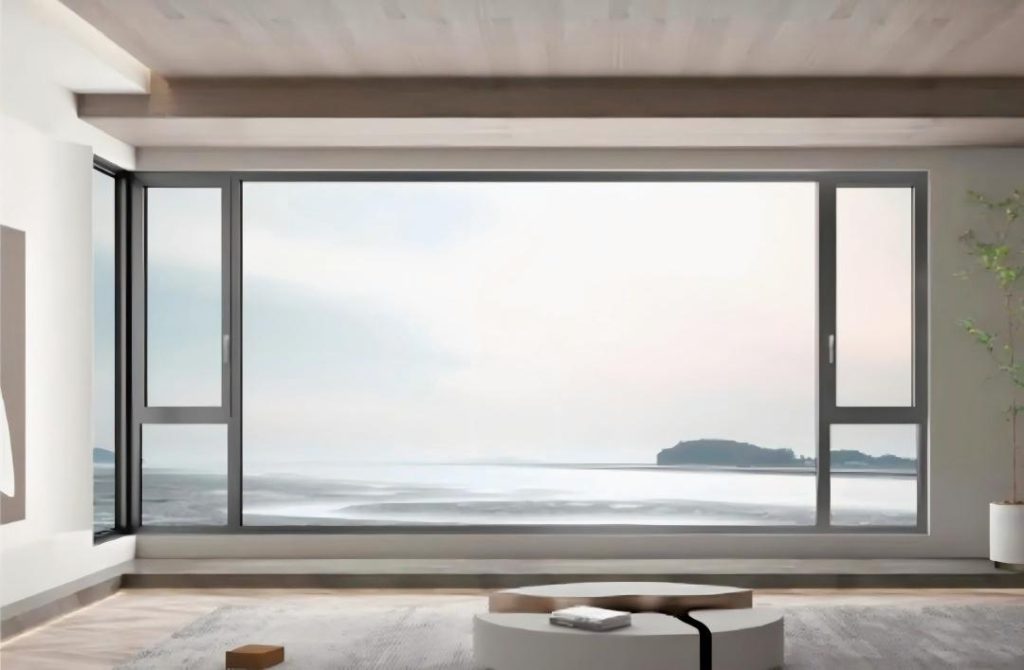
- 2、High hardness
Hardness refers to the ability of a material to resist deformation or damage. Materials with higher hardness can enhance the safety and impact resistance of doors and windows. When doors and windows are subjected to extreme external forces, such as strong typhoons or violent impacts, they are less likely to deform or suffer severe damage.
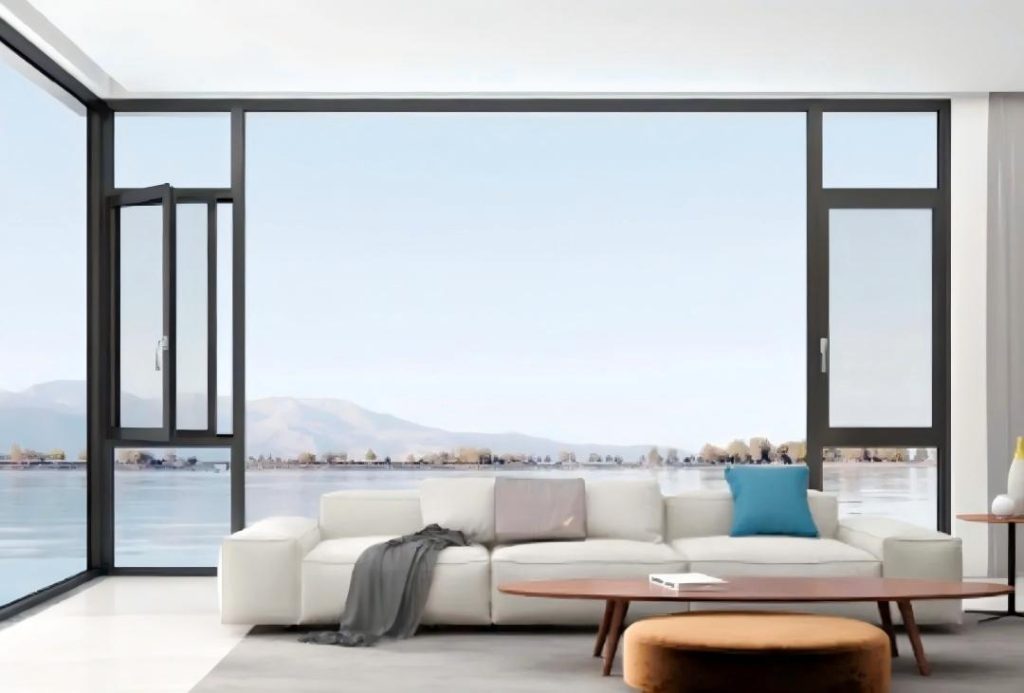
- 3、High toughness
The elongation after fracture is an important indicator for evaluating the toughness of a profile. The higher the elongation rate, the better the flexibility of the profile, and thus the stronger the profile’s ability to resist deformation, which can reduce the likelihood of catastrophic fracture damage.
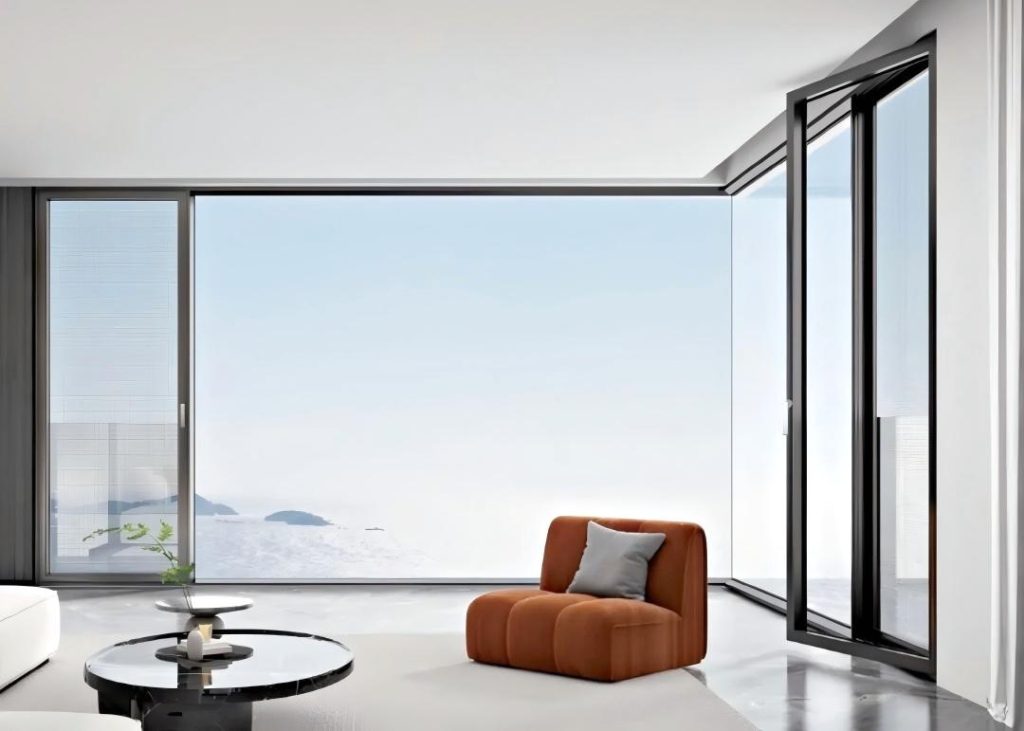
Whether by using new materials or upgrading the existing material processes, we always focus on empowering building doors and windows, continuously innovating and upgrading ourselves. In the field of high-performance system doors and windows, we are committed to providing more professional solutions, establishing an enterprise image that is trustworthy and worthy of consumers’ choice, and always providing reliable and excellent product solutions for consumers.


